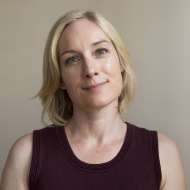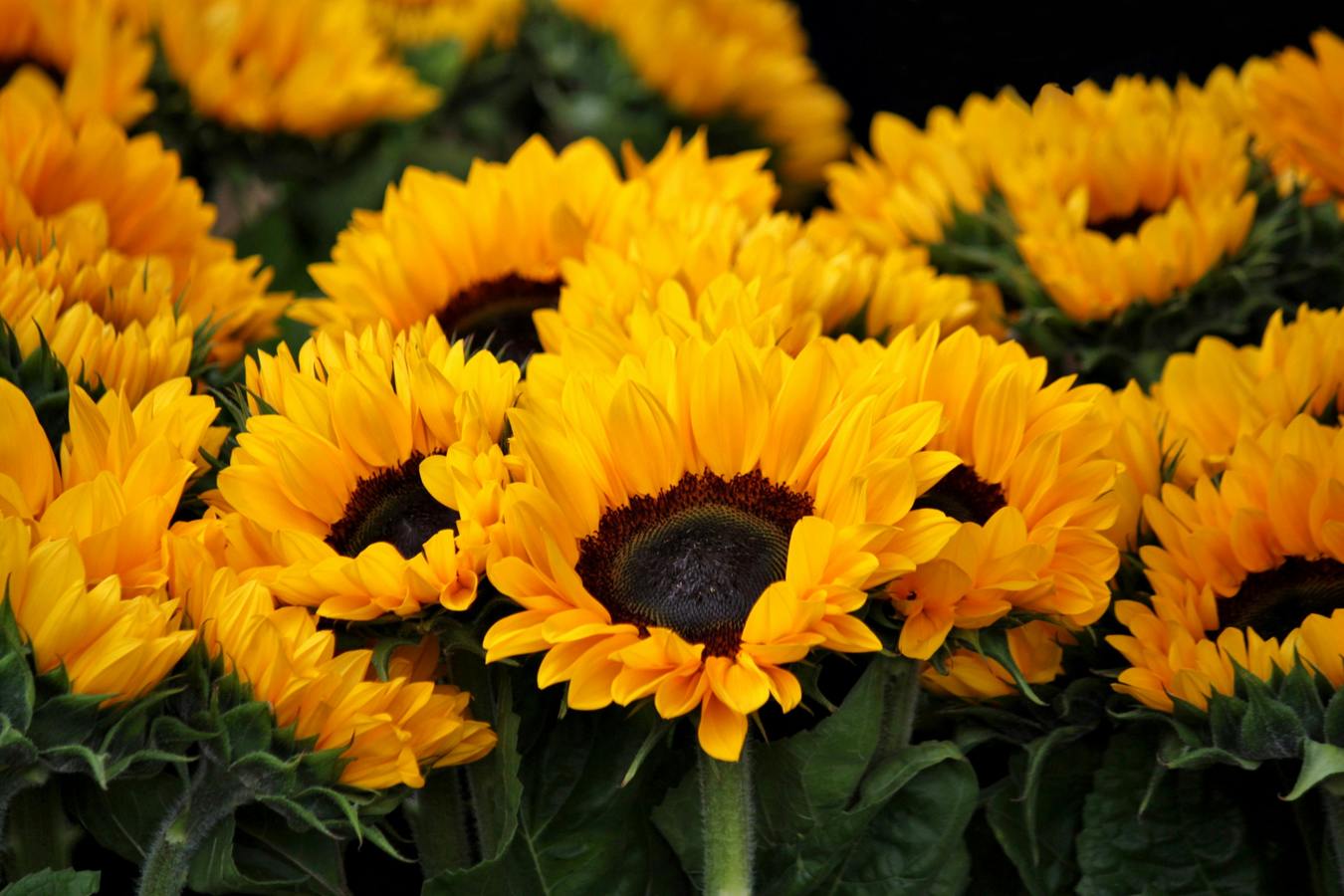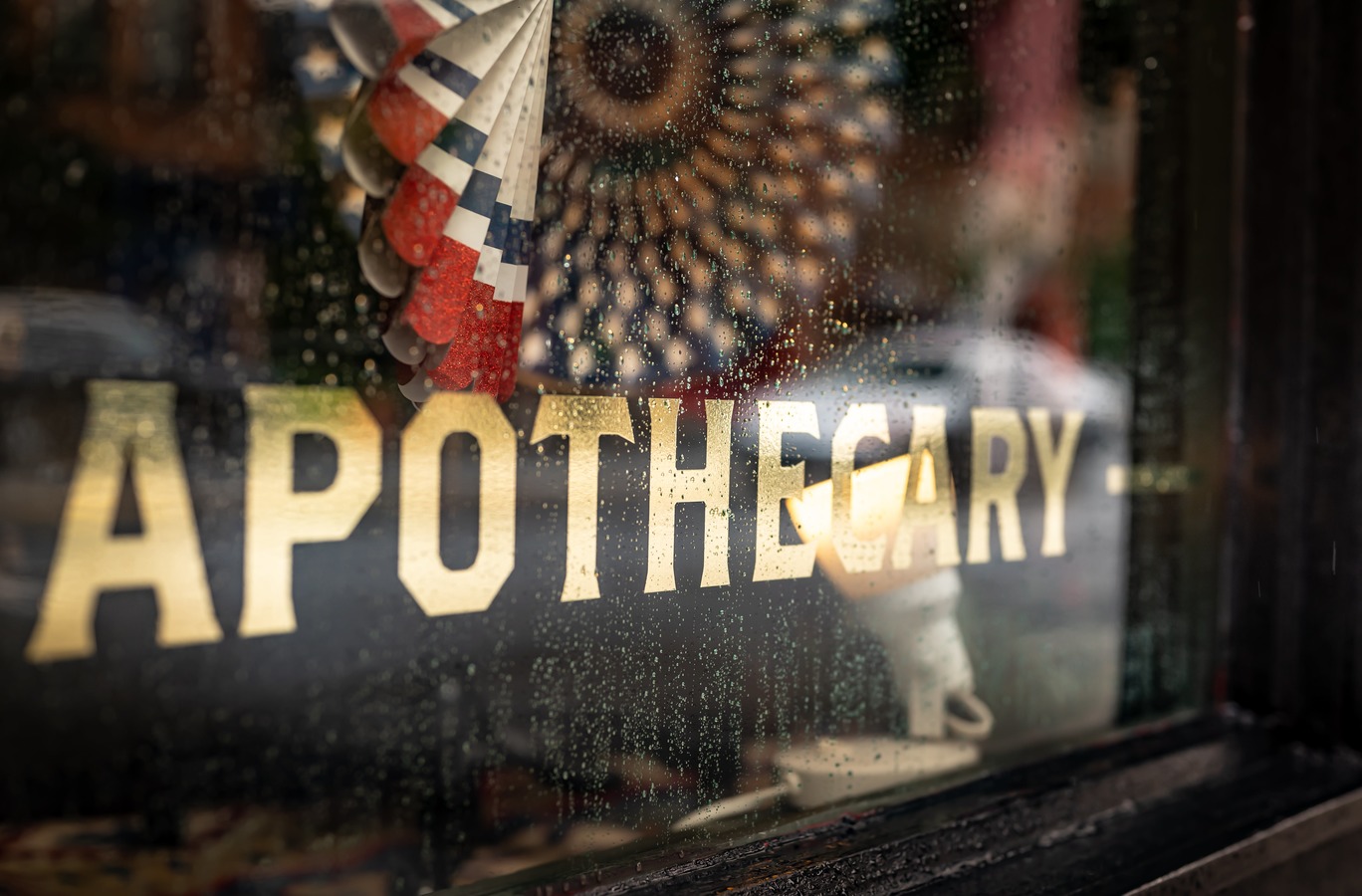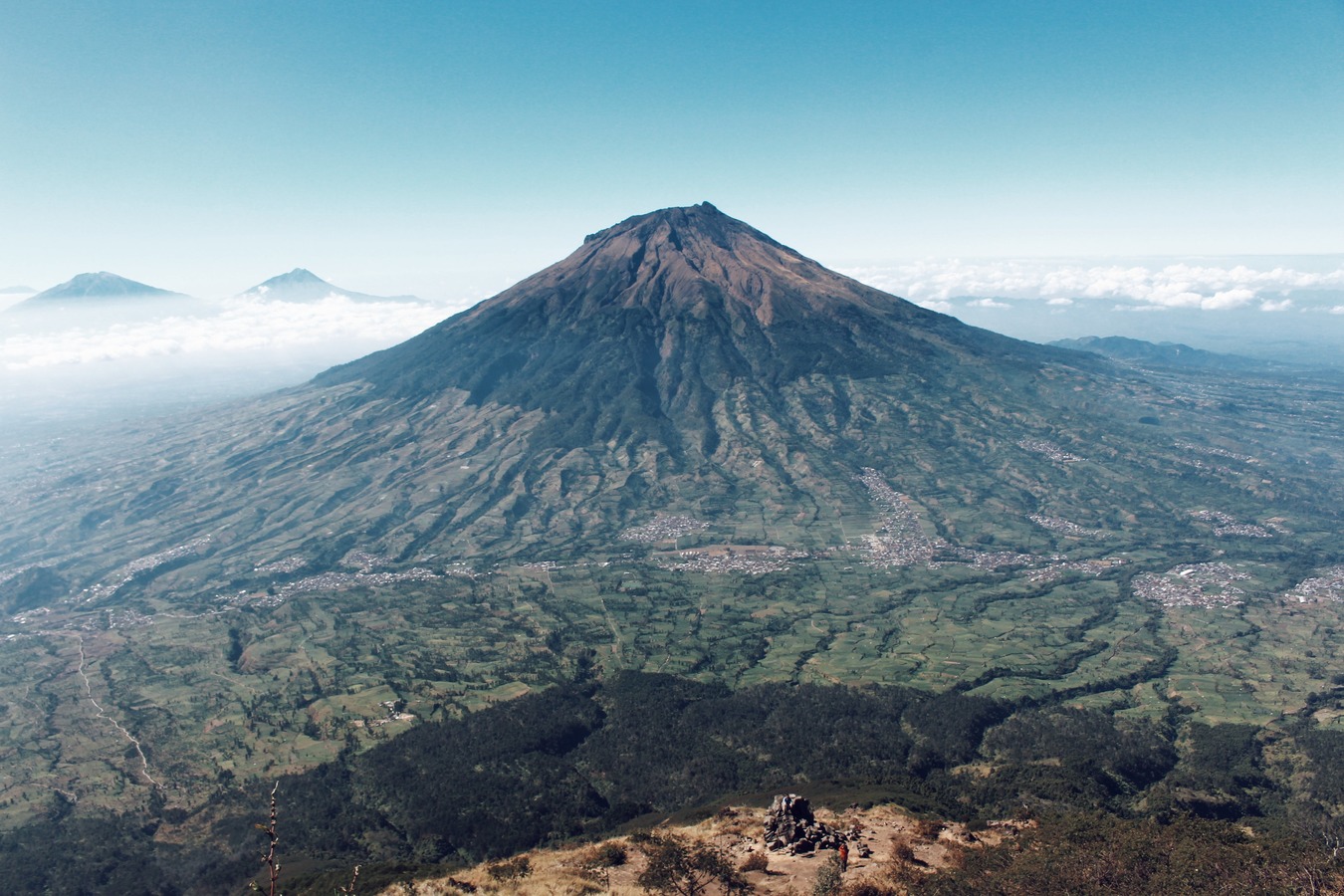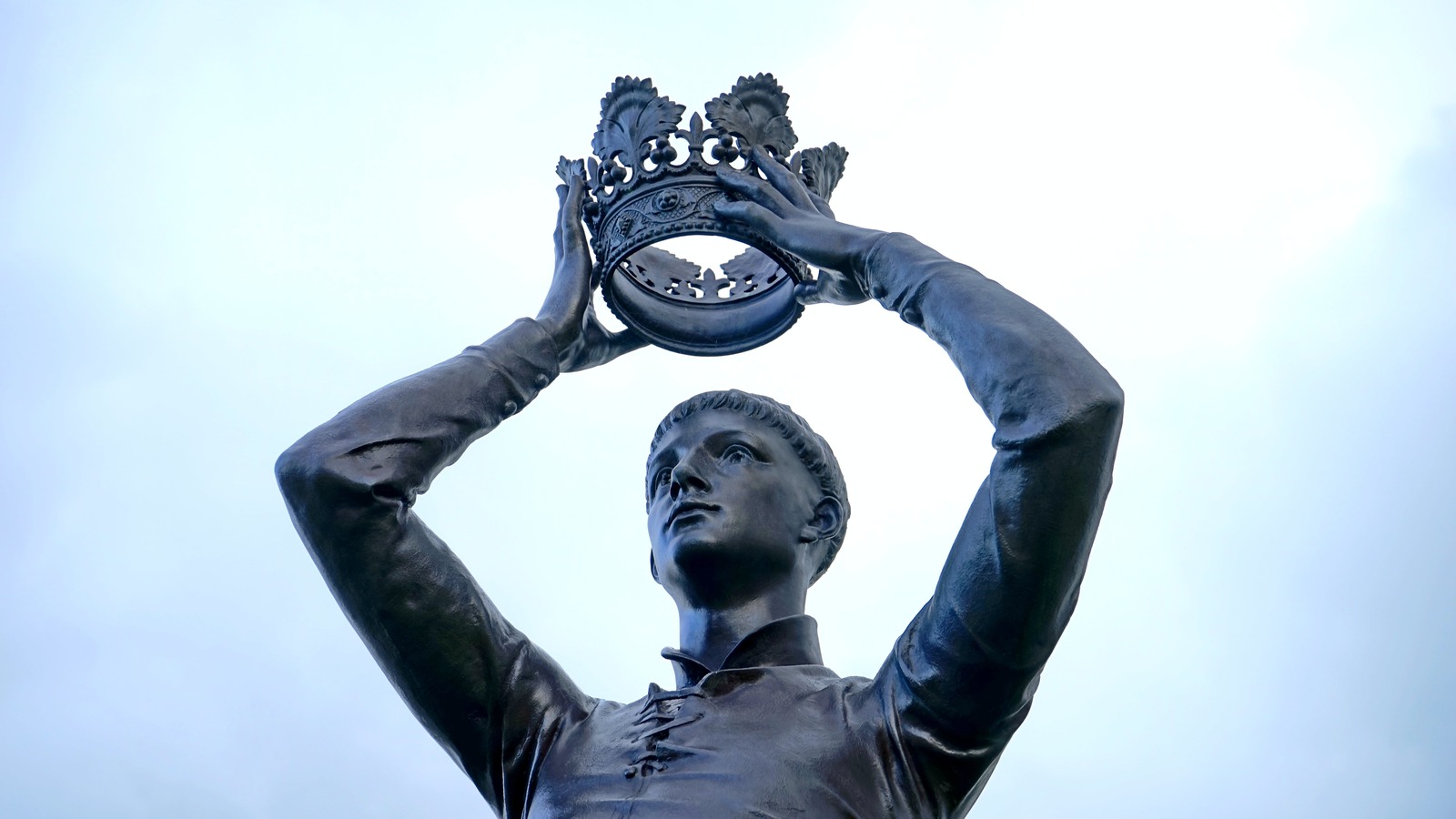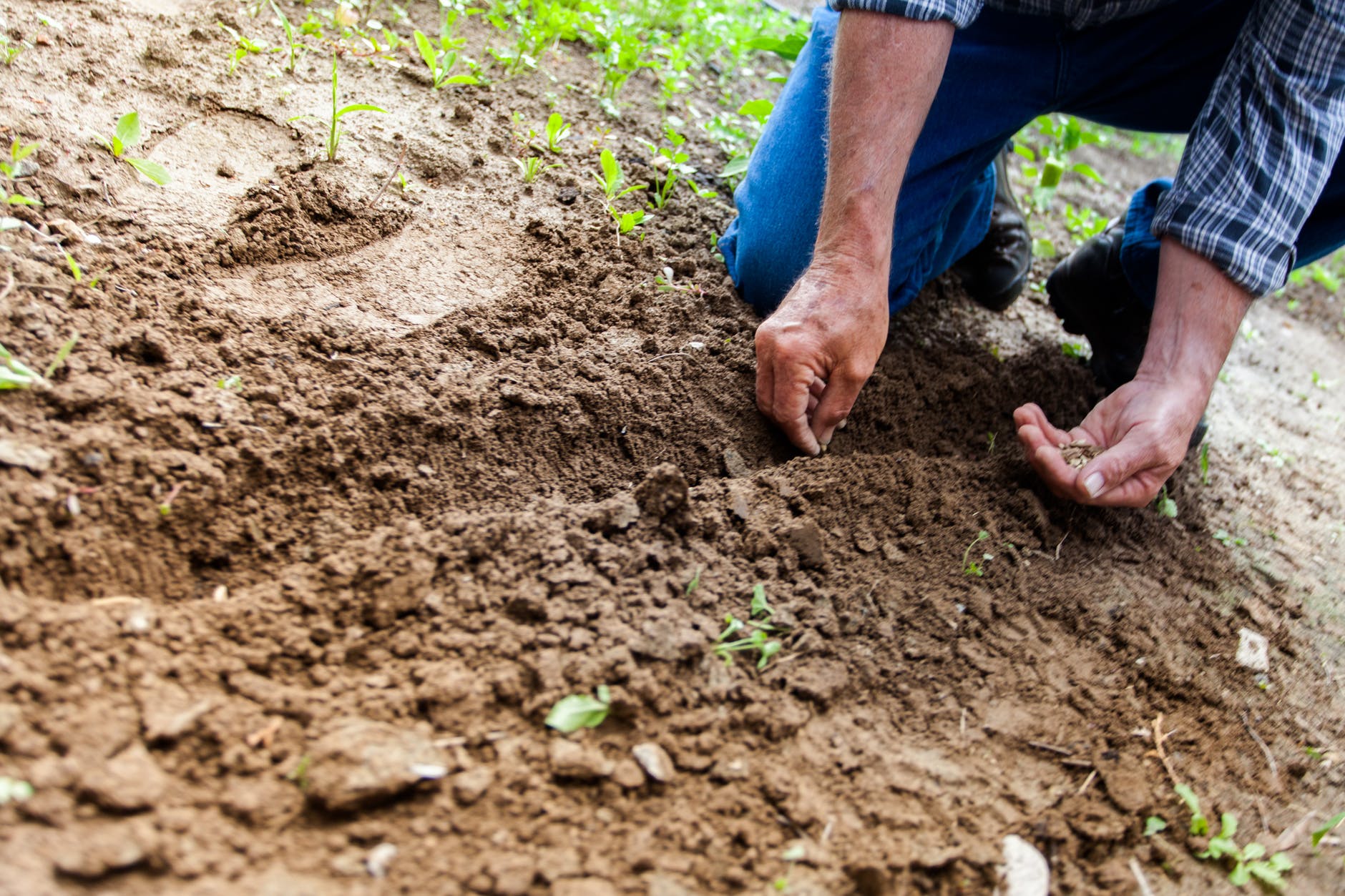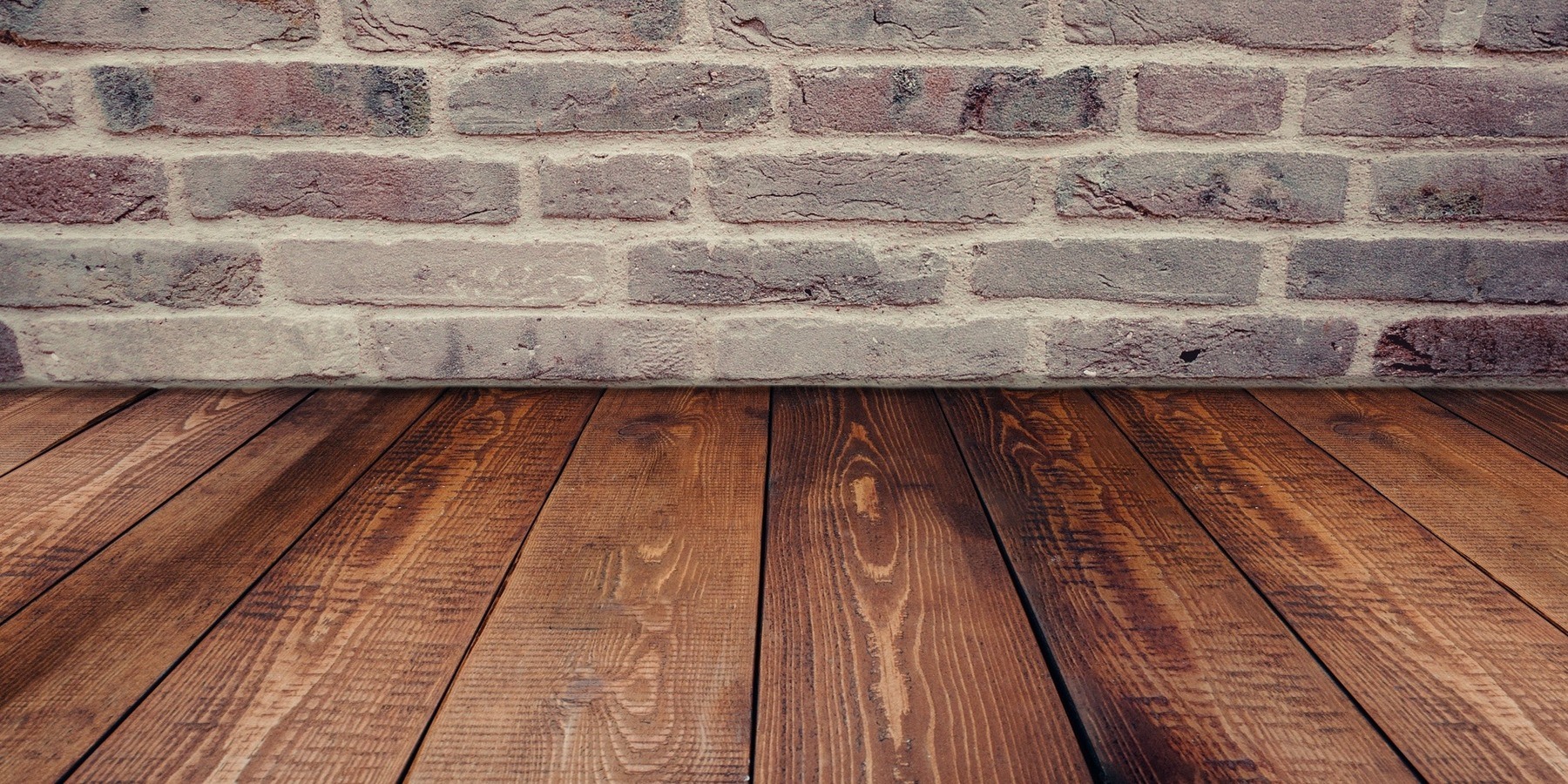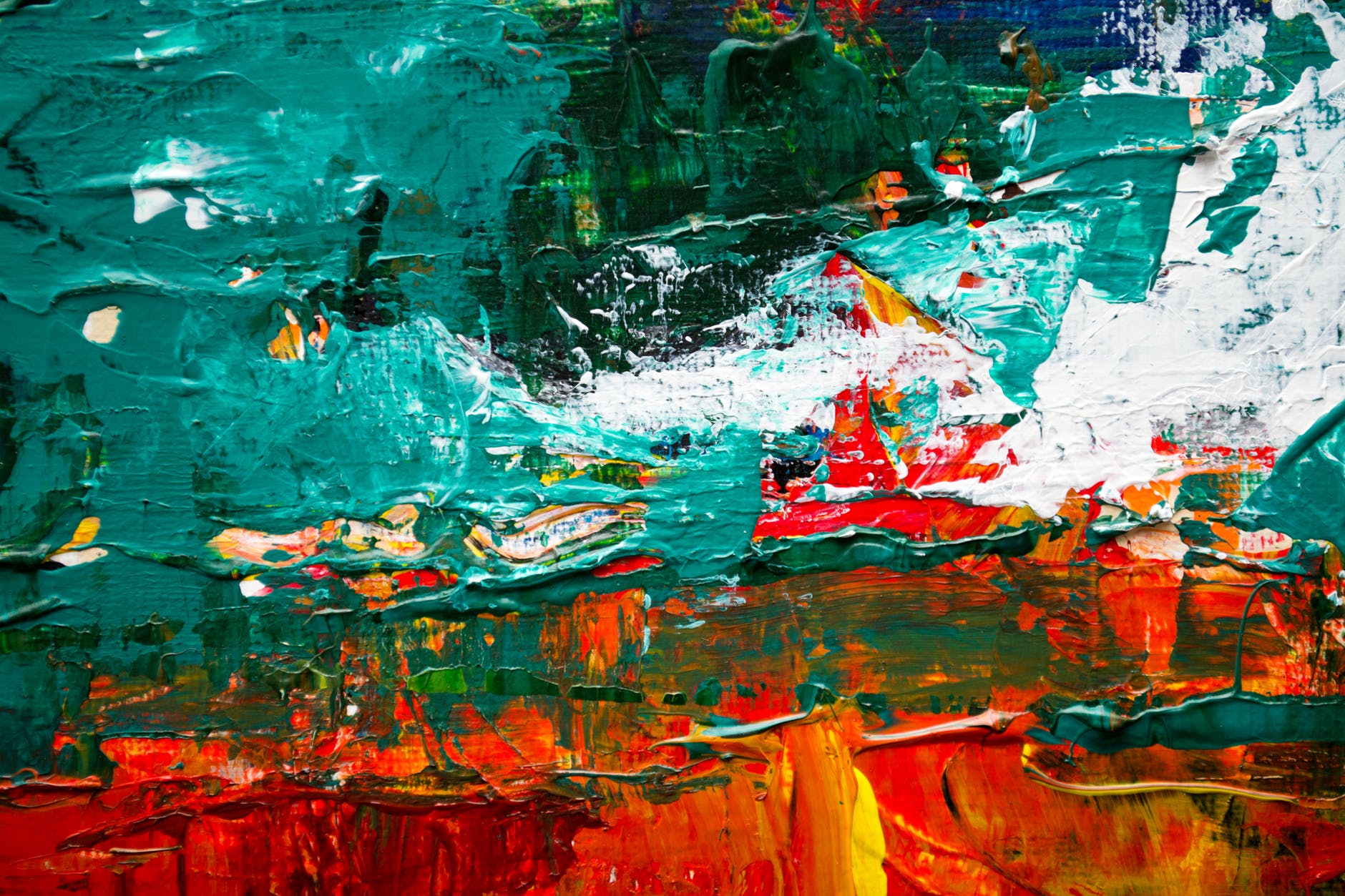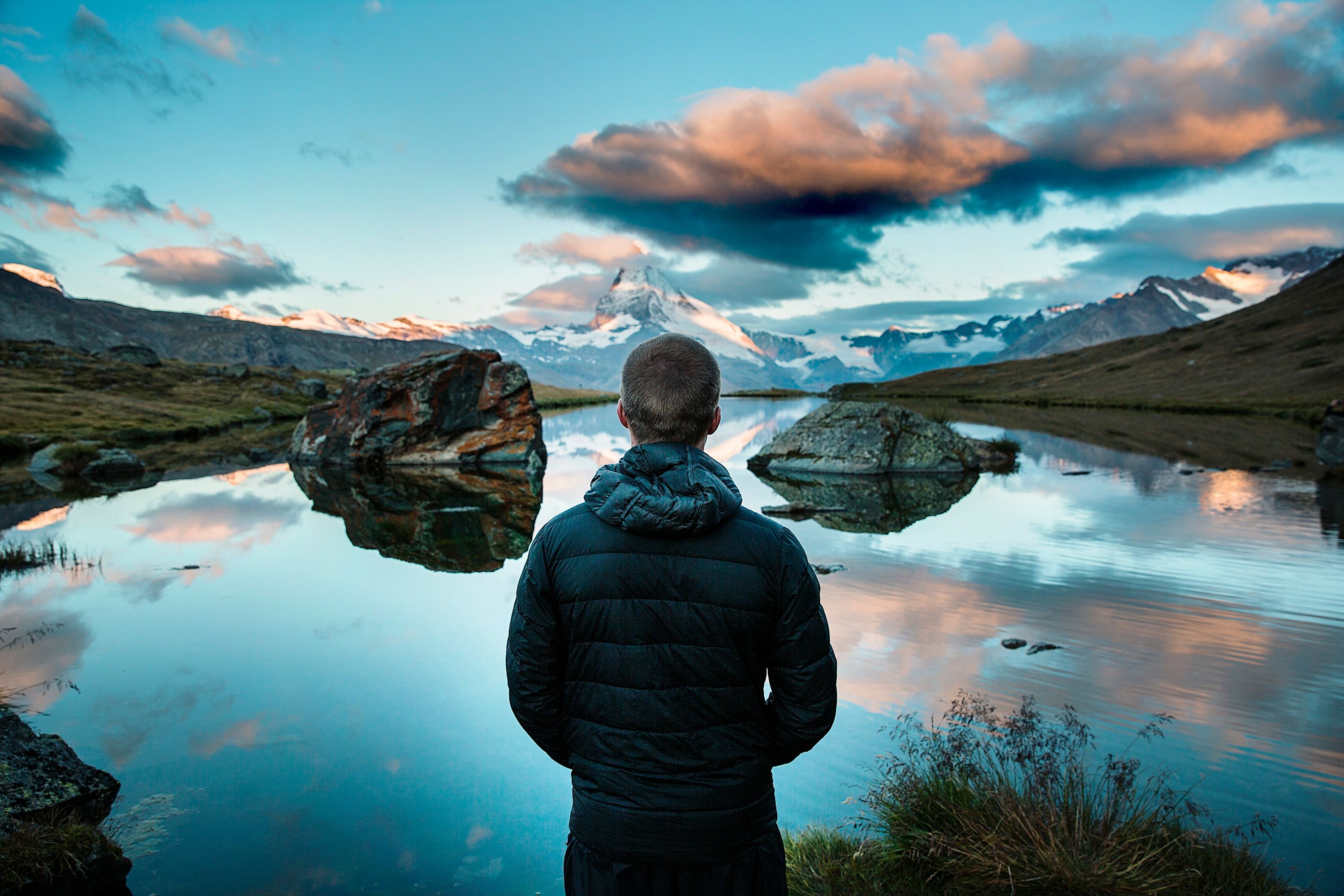This is part of a series of short posts on what we, at Alethya, believe are the four key values of conscious relationships: honesty, authenticity, respect and kindness. See our TEDx talk too for a short insight and a happy ever after story.
Honesty
Most of us learn, early on in our lives, that hardly anyone wants to hear the truth. And that hardly anyone tells the truth.
No, you’re not cold/hungry/angry/sad.
Tell Granny how much you like the present.
No, nothing’s wrong.
Yes, everything’s fine.
Families are run, every day, on tracks greased with big and little lies. We’re often parented by people who were taught to lie about or hide their feelings as they weren’t safe to express them. We’re often taught by people, within a system, that prefer lies to truth and we live and grow up in a society and culture that reinforces that (as well as profiting from the pain that causes).
Most of us are conditioned, consciously and/or unconsciously, to keep the truth of how we feel, and what we need, to ourselves.
By the time we are young adults and adult, we’re often very far removed from the truth of how we feel and what we need. Some of us, raised by anxious, depressed or alcohol and drug dependent parents, have never known the truth of ourselves. And, it is like this, with our minds and bodies disconnected, our sense of self half, or barely, formed that we go out into the world and try to live, love and work.
And we try to live, love and work in a world where the truth about the the way in which lying has permeated our selves and our lives isn’t openly discussed. There’s a whole chapter about lying in All About Love – New Visions by bell hooks. She references Dorothy Dinnerstein, writer of famous feminist book The Mermaid and the Minotaur. She quotes Dorothy’s opinion that lying was a way for the child, and male children in particular, to wield power against an all-powerful mother figure. Lies are often a way of wielding power when we feel we have none, of trying to maintain control when we feel helpless and confused or are trying to avoid harm.
Lying is about power and control. Lying is an absence of love.
Even what we might call “harmless” white lies are a way in which we, all too often, fudge the full complex truth of our feelings and/or experience. The lies to ourselves can sound like: If I just have this little thing on the side, then my marriage and kids will be fine. I can manage without a drink. I can just take this and no-one will notice. I can do the thing I do want to do and no one will notice I don’t want to be there / am actually very angry and resentful.
Lies are often part of our self-protection. Some of us are not physically or emotionally secure and safe enough to access how we really feel and what we really need. Some of us aren’t yet ready to feel and know the full truth about ourselves, our feelings and needs, and that is okay. It’s important to develop the ability to notice that you are genuinely not ready and to query that feeling gently on an ongoing basis. As someone who used to lie a lot (to others as well as myself) I can say, hand on heart, that the lies, no matter how exciting the power and deception can feel, become a terrible burden over time. Once we can start to be honest about our levels of self-deception, then we can begin the slow, healing process of beginning to do our work.
Lying, to ourselves as well as others, makes living feel heavy.
So, we begin to be more honest by first by learning to be honest with ourselves. I say learning because this process is like peeling an onion or counting tree rings: there are always more layers of growth. We need to accept that honesty is a journey not a full stop. Once we are taking steps along the journey to full self honesty, then we can begin to be honest with others.
This process is like one view of the concept of the lion’s roar in Buddhism. The lion’s roar, as I see it, is the idea that when we start to see the true harms of our own backgrounds as well as the patriarchal, capitalist, militaristic, white supremacist, sexist and toxic society we live in, when we start to discover our power, we roar and rage like a lion. In the same way, when we start being honest, with ourselves and others, we might begin by being too harsh. We might go too hard at the start but we will learn to soften into our truth and to learn to be honest with compassion and gentleness.
Tuning into what we really feel and need takes time. It requires calm and peaceful reflection. It takes a willingness to stay with any difficult feelings and needs as well as give ourselves permission to feel good. Feelings that might be very old and very painful will need to be felt and processed. The genuine needs that we have might be asking us to travel down paths that we wish we didn’t have to walk on.
The complexity of our feelings and needs are big weights to bear. Honesty lightens the load.
When I left my marriage, it wasn’t on a whim but because, after a long time processing and discussing it, I knew I needed to. It was a very hard step to take. Even now, three years on, I am dealing, almost daily, with the challenges of being a separated family. Does this mean that the hard, yet honest, path was not the right one? No. But, it does mean that, when life is asking difficult things of us, we need to be brave, we need to be kind (to ourselves and others) and we need to take the rest that is required along the way. The path of honesty is not always an easy one but it’s the only one on which we will also encounter true lightness of self.
Honesty is about slowing down. It is about noticing how you feel in all its joyousness and painfulness, perhaps writing or drawing about that or sharing it with a trusted friend. It is about noticing when and where you tend to say yes when you would like to say no and no when you would like to say yes. It is about noticing what’s really true about you and your life and how you feel. It is about identifying what you truly need and then beginning to behave so your actions reflect that. Honesty looks with clear eyes at the full self, as well as others, and it feels, even when it is difficult, like joy.







